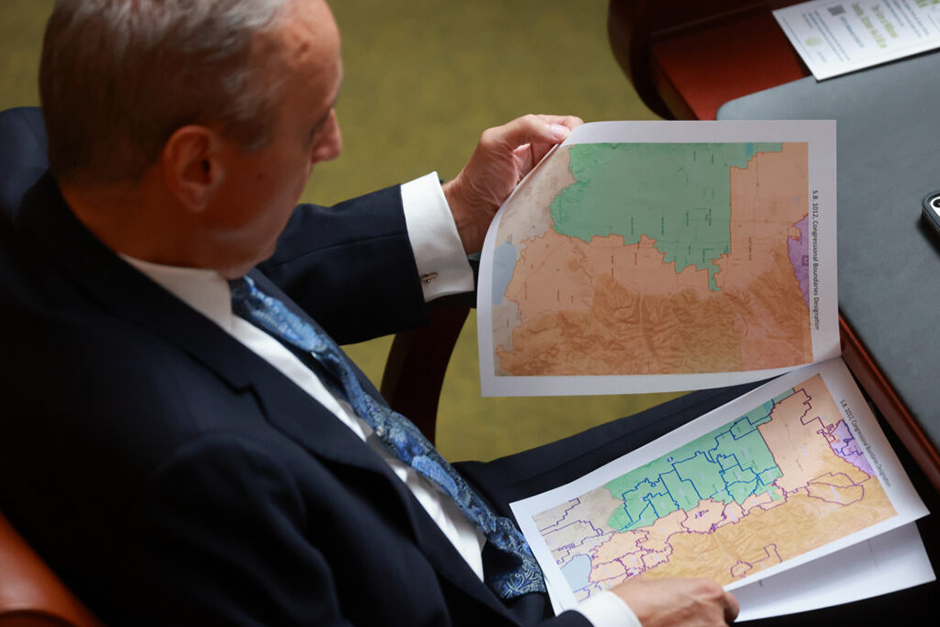The political landscape in Utah just received a seismic shift, sending ripples of discussion through communities statewide. A recent judicial decision has put the brakes on the congressional map previously approved by the state’s Republican majority, marking a significant moment for those advocating for fairer elections and more representative governance. This isn’t merely a bureaucratic hiccup; it’s a profound development that touches the very heart of how Utahns are represented in Washington D.C., and it highlights the ongoing national conversation about how district lines are drawn.
The Battle Over Lines: Why Maps Matter
For many, the drawing of congressional districts might seem like a technical, behind-the-scenes process. Yet, these lines hold immense power, capable of shaping political outcomes for a decade. The map passed by Utah Republicans has been the subject of considerable scrutiny and contention. Critics argued that the boundaries were drawn in a way that diluted the voting power of certain communities, creating districts that were not truly competitive and making it harder for voters to hold their representatives accountable. This practice, often referred to as gerrymandering, can lead to a situation where politicians choose their voters, rather than the other way around.
Imagine living in a community with shared interests and concerns, only to find your neighborhood split into multiple congressional districts, weakening your collective voice. This is the fear that fueled the legal challenges against the map. Advocacy groups and concerned citizens have long argued that such maps undermine the fundamental principle of “one person, one vote,” leading to disproportionate representation and a disconnect between the will of the people and the composition of Congress. It’s a fight for the integrity of every ballot cast and the genuine representation of every Utahn.
A Judge’s Verdict: Upholding Fairness
In a move that has been widely celebrated by proponents of electoral reform, a Utah judge blocked the controversial map. The ruling underscores a critical aspect of our democratic system: the judiciary’s role in ensuring fairness and adherence to constitutional principles when legislative bodies make decisions that impact fundamental rights. While specific legal arguments can be complex, the core of the judge’s decision often revolves around principles like equal protection and the right to free and fair elections, ensuring that maps do not unfairly disadvantage certain groups of voters.
“This ruling isn’t just a win for one political viewpoint; it’s a victory for the principle of fair representation for all Utahns,” remarked Dr. Alana Hayes, a local political analyst. “It sends a clear message that partisan line-drawing, to the detriment of voter equality, will face rigorous judicial scrutiny. It strengthens public trust in the idea that checks and balances truly exist.” This judicial intervention offers a beacon of hope for those who believe that electoral maps should foster robust democracy, not merely entrench political power. It reminds us that while the legislative branch draws the maps, the judicial branch stands ready to ensure those maps serve the public good, not just partisan agendas.
What This Means for Utah’s Future
The judge’s decision sets Utah on a path toward redrawing its congressional districts. While the specifics of the next steps—potential appeals, new commissions, or legislative actions—are yet to fully unfold, the immediate impact is clear: the previously approved map is on hold. This opens the door for a process that could result in more competitive districts, giving voters a stronger voice in who represents them. It’s an opportunity for Utah to demonstrate a commitment to truly representative democracy, where every vote carries its intended weight and communities can elect leaders who genuinely reflect their shared values and aspirations. This saga is a powerful reminder that the fight for fair elections is a continuous journey, and judicial oversight remains a crucial guardian of democratic principles.




